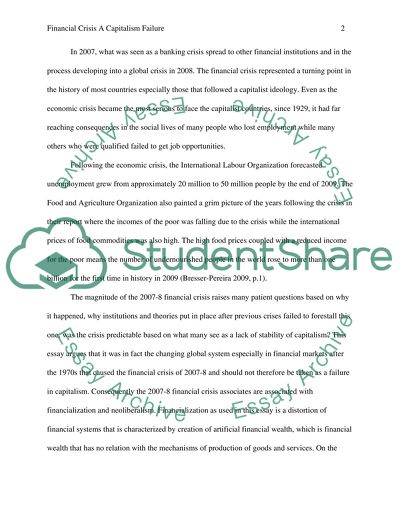Cite this document
(The Financial and Economic Crisis Case Study Example | Topics and Well Written Essays - 2250 words, n.d.)
The Financial and Economic Crisis Case Study Example | Topics and Well Written Essays - 2250 words. Retrieved from https://studentshare.org/finance-accounting/1494642-was-the-financial-crisis-of
The Financial and Economic Crisis Case Study Example | Topics and Well Written Essays - 2250 words. Retrieved from https://studentshare.org/finance-accounting/1494642-was-the-financial-crisis-of
(The Financial and Economic Crisis Case Study Example | Topics and Well Written Essays - 2250 Words)
The Financial and Economic Crisis Case Study Example | Topics and Well Written Essays - 2250 Words. https://studentshare.org/finance-accounting/1494642-was-the-financial-crisis-of.
The Financial and Economic Crisis Case Study Example | Topics and Well Written Essays - 2250 Words. https://studentshare.org/finance-accounting/1494642-was-the-financial-crisis-of.
“The Financial and Economic Crisis Case Study Example | Topics and Well Written Essays - 2250 Words”, n.d. https://studentshare.org/finance-accounting/1494642-was-the-financial-crisis-of.


